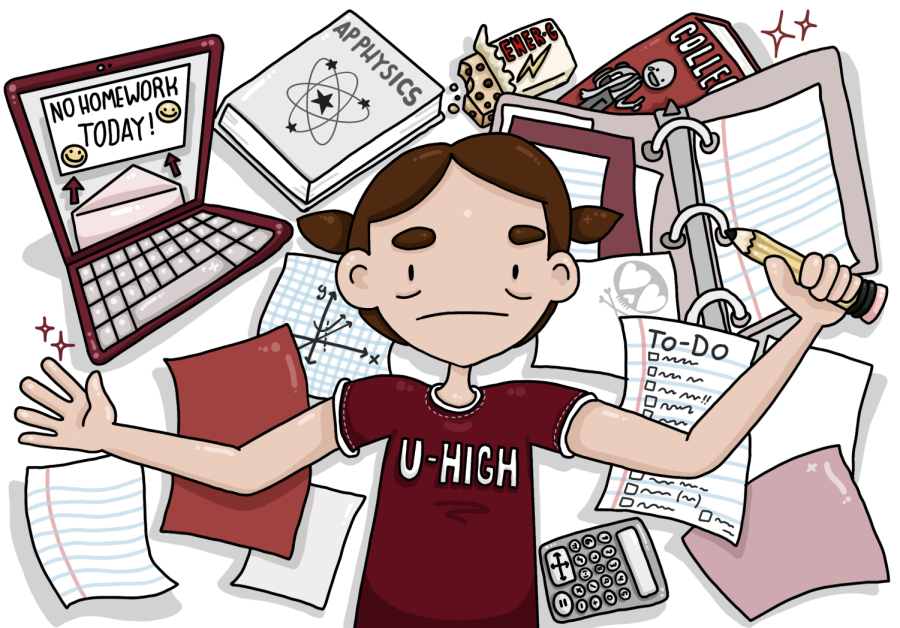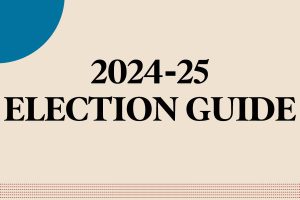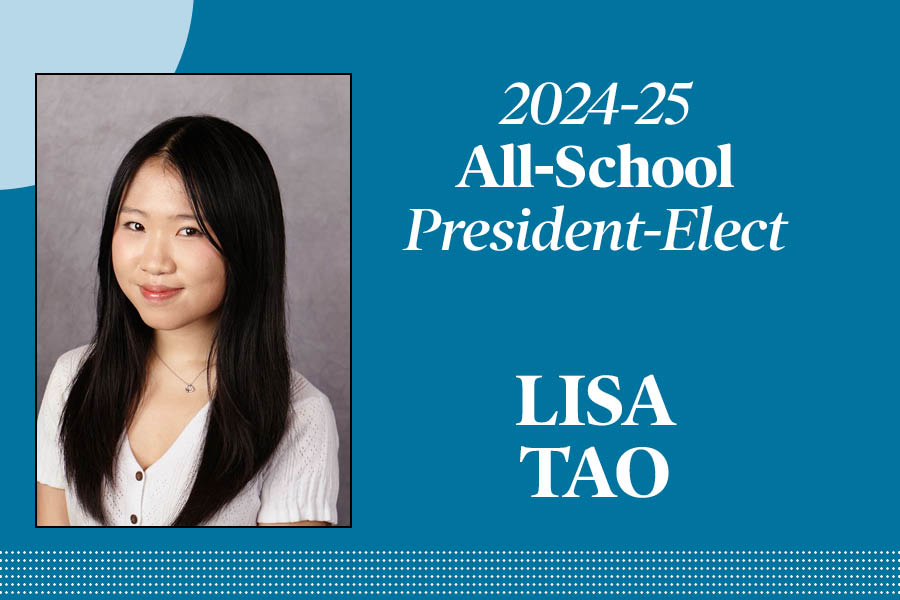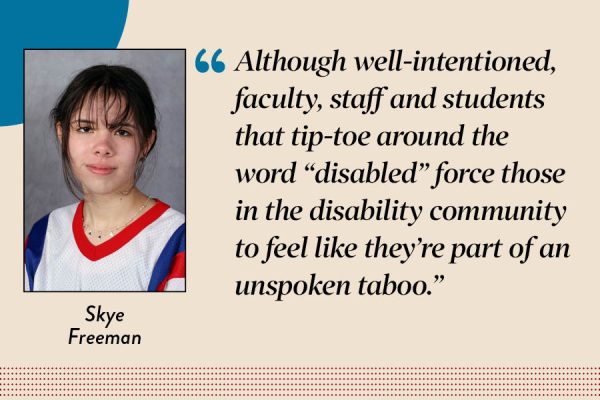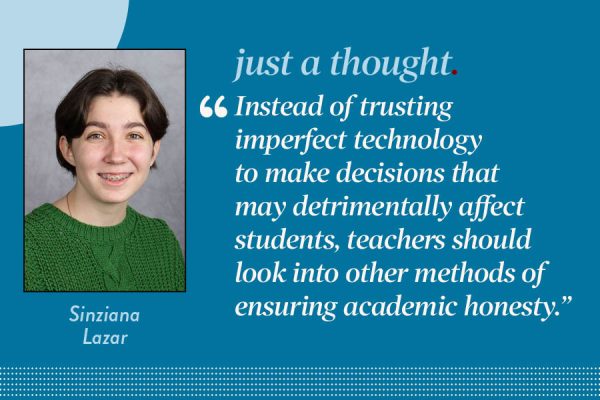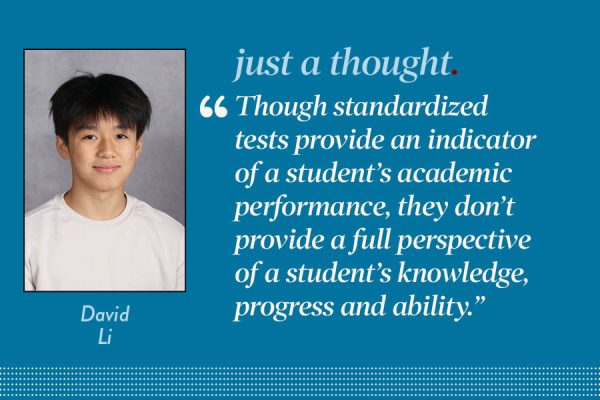Workload policies need effective enforcement system
While the administration has made steps towards decreasing stress, more systematic revamping need to be done.
September 30, 2022
As the Midway sees it…
Homework has become the subject of increasing scrutiny, as students and parents in the community have lamented the excessive workload placed on the student body. These calls only increased during the pandemic, when homework was cited as an additional mental health burden for the already put-upon high schoolers.
In response, the administration has taken steps to manage the homework load. Formalizing policies like not allowing work to be assigned over breaks, and introducing new ones like tests and assignments not being due for the first two days after a break, encourage students to get the rest they need. However, the implementation of these rules has made clear that achieving change through policy will take time.
The administration’s good intentions have the potential to make a real positive impact on student workload and mental health, but the existing policies need to be enforced and existing loopholes need to be eliminated before anyone can determine if they’re sufficient.
U-High needs to have a well-structured system in place to enforce these homework policies effectively. It doesn’t matter how stringent the restrictions are if no one follows them. Currently, no formal process exists for reporting violations of these homework policies. If a teacher breaks the rules, it’s the student’s responsibility to advocate for themselves with their teacher or by directly reporting them to the administration.
However, some students won’t feel comfortable initiating a conversation with their teacher. Because of the unstructured nature of these interactions, a teacher’s response is unpredictable, and many students could have a reasonable worry about seeming lazy or disrespectful when bringing up the violation. It’s unreasonable to expect students to enforce administration policies.
The crux of the issue is with the administration forcing teachers to change their planned curriculum. Teachers at Lab have a huge amount of freedom with their classes, with very little direct oversight from the administration. This allows teachers to have unique and incredibly interesting classes, but it also means that unless something has gone very seriously wrong, the administration does not get involved in the running of any specific class. Plainly, the administration doesn’t have the oversight necessary to enforce the homework policies they have laid out, and they should not have to approve a semester’s or year’s homework curriculum.
The most effective and reasonable solution would be to create an anonymous form students could use to report issues to the administration. The administration has developed forms to report incidents of bias, so implementing a similar process for violations of homework rules would be simple. The administration will then deal with these reports with each teacher. Most teachers don’t intentionally assign work that doesn’t follow the guidelines laid out by the administration, but like students, they just aren’t aware of the policies. Teachers should become familiar with the policies and stop making errors.
The policies the administration has enacted could have a positive effect on the mental health of U-High students. Change can take time, making it hard for high schoolers, who only have four years at U-High, to see that. It may take years to determine if the current policies can achieve their goals, but there needs to be a dedicated effort to make these changes work before that can be decided.



